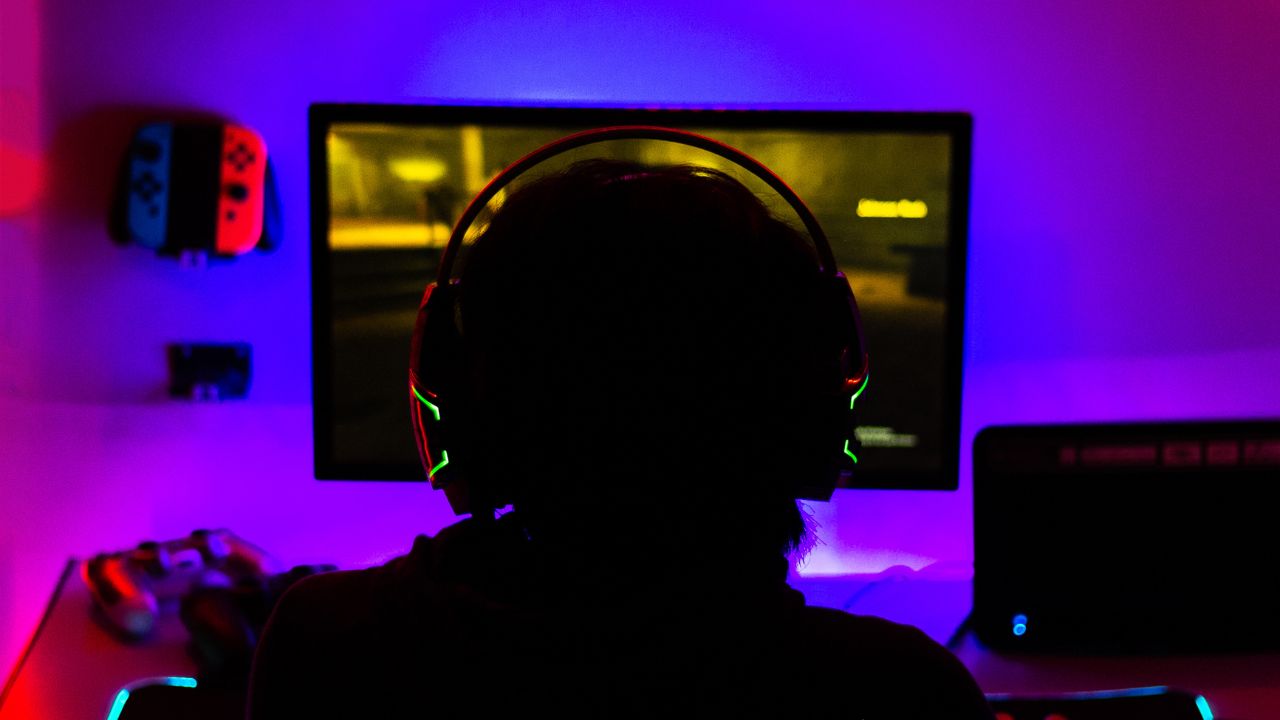When gamers buy a video game, they expect to own it forever. But many companies sell games that can disappear without warning when servers shut down. The Stop Killing Games initiative fights to protect gamers’ rights by demanding that publishers keep games playable even after they stop supporting them.
This consumer movement started in 2024 after popular racing game The Crew was shut down permanently. Players who paid full price suddenly lost access to their game completely. The initiative wants publishers to provide offline modes or ways for players to run private servers when official support ends.
The movement has gained massive support with over 737,000 signatures from frustrated gamers worldwide. It targets a growing problem where more games require constant internet connections but offer no backup plan when companies pull the plug. This affects every gamer who wants to replay their favorite titles years later.
Why the ‘Stop Killing Games’ Initiative Matters to Gamers
The Stop Killing Games initiative directly addresses two major problems that affect every gamer: losing access to games they paid for and watching their gaming history disappear forever. This movement fights to protect the money gamers spend and ensures future players can experience today’s games.
Preserving Access to Digital Purchases
When gamers buy a digital game, they expect to play it whenever they want. The reality is different. Companies sell licenses that can disappear at any time.
Game servers shut down without warning. Players lose access to games they bought at full price. The Crew by Ubisoft became unplayable after its servers closed. Players could not access the game they purchased.
This creates a false sense of ownership. Gamers think they own their games. They actually own temporary licenses. Companies can revoke these licenses anytime.
The Stop Killing Games initiative demands that publishers provide offline modes or private server options. This would let players keep playing even after official support ends.
Some games need constant internet connections to work. These games become useless when servers close. The initiative wants companies to remove these requirements before shutting down.
Protecting Player Investments
Gamers spend billions of dollars on digital games each year. This money should mean something. Players deserve to keep what they buy.
Full-price games disappear just like free games. A $60 game can become worthless overnight. Players lose their entire investment with no compensation.
The initiative protects these investments by requiring long-term playability. Games should work for years after purchase. Publishers would need to plan for server shutdowns from the beginning.
Players also lose progress and achievements. Years of gameplay can vanish when servers close. The movement wants to preserve player data and accomplishments.
Digital storefronts remove games regularly. Players cannot redownload games they already own. The initiative fights against this practice.
Ensuring Game Preservation for Future Generations
Video games are part of cultural history. Many classic games are already lost forever. The Stop Killing Games movement wants to prevent more losses.
Historical significance matters in gaming. Important games shape the industry. Future researchers and players need access to these titles.
The initiative supports digital preservation efforts. Museums and libraries should be able to archive games. Current laws make this difficult or impossible.
Young gamers miss out on gaming heritage. They cannot experience games that influenced modern titles. Preservation keeps gaming history alive.
The movement also protects artistic expression. Games are creative works like movies or books. Artists’ work should not disappear because of business decisions.
Game preservation helps developers and researchers study past techniques. This knowledge improves future games and keeps innovation moving forward.
How Does the Stop Killing Games Initiative Impact the Gaming Community?
The Stop Killing Games initiative creates significant changes for gamers by building stronger relationships with game companies and protecting player rights. This movement shapes how digital games work in the future.
Can This Initiative Build Trust Between Players and Publishers?
The Stop Killing Games movement helps create better relationships between gamers and game companies. When publishers know they must keep games working after launch, they make different choices about how they build their games.
Game companies become more honest about their plans. They tell players upfront if a game needs internet connections to work. This honesty helps gamers make smarter buying decisions.
Publishers also start thinking about long-term support instead of quick profits. They know they cannot just shut down servers and walk away from their customers.
The initiative forces companies to plan for the future. They must think about what happens when they stop supporting a game. This planning benefits everyone.
Trust grows when gamers see that companies care about keeping games playable. Players feel more confident spending money on new games when they know the games will not disappear.
How Does This Movement Empower Consumer Rights?
The Stop Killing Games initiative gives gamers real power in the marketplace. Players now have legal backing when companies try to shut down games they bought.
The movement teaches gamers about their ownership rights. Many players did not know they were buying licenses instead of actual games. This knowledge helps them make better choices.
Collective action becomes easier when gamers work together. The initiative shows how players can join forces to fight unfair business practices. Over 1 million signatures prove this approach works.
Legal protections get stronger as the movement grows. Countries start creating new laws that protect digital ownership. These laws apply to all digital products, not just games.
Players learn to demand better treatment from companies. They understand they have rights as consumers. This knowledge spreads to other digital purchases like movies and music.
What Changes Will This Create for Digital Ownership?
The Stop Killing Games initiative changes how digital ownership works for everyone. Game companies must now think about what happens when they sell digital products.
New laws will require companies to keep games playable. This means offline modes or ways for players to run their own servers. These changes affect how games get built from the start.
Digital preservation becomes a normal part of game development. Companies must plan for game archives and long-term access. This planning costs money but protects player investments.
The movement influences other digital industries too. Movie and music companies watch what happens with games. They may face similar demands from their customers.
Future games will work differently because of these changes. Developers will create more offline options and better backup systems. Players will own their digital purchases in more meaningful ways.



